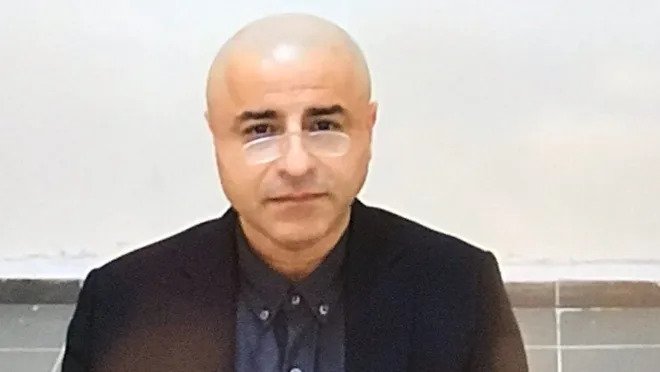Jailed Kurdish politician Selahattin Demirtaş has condemned the Iranian government for using violence and the death penalty as tools to crush the recent anti-government protests that have gripped the country.
According to the Center for Human Rights in Iran (CHRI), at least 11 men have been sentenced to death in Iran and 24 others are facing charges that could carry the death penalty, raising fears of more executions following the recent hangings of two young men for their participation in the protests that have swept the country.
Iran has witnessed unrelenting civil unrest following the death of 22-year-old Mahsa Amini, who was arrested by the morality police, which enforce strict rules in the Islamic Republic requiring women to cover their hair and wear loose-fitting clothes in public, for allegedly wearing the hijab improperly. Amini suffered a heart attack, lapsed into a coma and died on Sept. 16 while in custody, according to the Iranian government.
Demirtaş, a former co-chair of the pro-Kurdish Peoples’ Democratic Party (HDP), on Friday condemned Iran’s use of violence and the death penalty to crush dissent in the recent protests.
“I condemn the Iranian state, which is trying to suppress the people’s desire for freedom with violence and executions. Which violence, which imprisonment, which death could destroy the desire for rights and freedoms?” the Kurdish leader said in Turkish, Kurdish, Persian and Azerbaijani on Twitter through his lawyers.
Halkların özgürlük isteklerini şiddetle, idamla bastırmaya çalışan İran devletini kınıyorum.
Hangi şiddet, hangi hapis, hangi ölüm hak ve özgürlük isteğini yok edebilmiş ki?
— Selahattin Demirtaş (@hdpdemirtas) December 16, 2022
Demirtaş and Selçuk Mızraklı, the former mayor of Diyarbakır from the HDP, had previously joined the protests against Amini’s death by shaving their heads.
Demirtaş’s wife, Başak Demirtaş, said in a tweet in late September that Demirtaş and Mızraklı had shaved their heads to “protest the murder of Mahsa Amini” and “to support the resistance in Iran.”
According to The New York Times, protests triggered by Amini’s death have been the largest wave of civil disobedience Iran has seen since 2009 and one of the most sustained challenges to Iran’s government since the 1979 Islamic revolution.
The CHRI has reported that at least 327 people, including 43 children, have been killed by the Iranian state, while Amnesty International has reported that Iranian security forces have been firing into groups of protestors with live ammunition and attacking them with batons.
Arrested on Nov. 4, 2016 on terrorism-related charges, Demirtaş has since then remained in prison despite two European Court of Human Rights (ECtHR) rulings in 2018 and 2020 that said Demirtaş was imprisoned for “political” reasons and not for “legal” reasons, ordering his “immediate release.”



